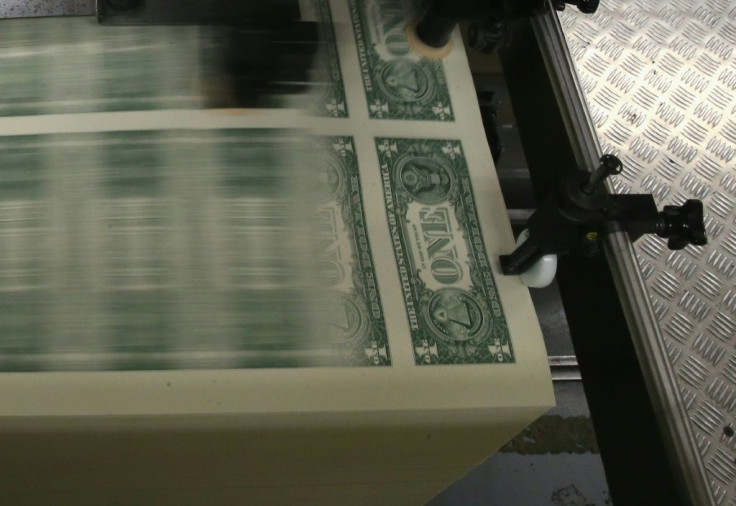Government Spending Key In Next Recession: Fed Official

Central banks will have limited room to stimulate the economy in the next downturn, which will make government spending an even more important tool, a top Federal Reserve official said Friday.
With lending rates still very low in the wake of the 2008 financial crisis, the usual option of slashing borrowing costs to boost lending and investment is not available, Fed Governor Lael Brainard said in a speech.
The Fed official said central bankers also need to adopt new strategies in the current low interest rate environment, including breaking with tradition to take a more sanguine approach to inflation.
A "robust" fiscal policy response will be "vital" in the next recession, Brainard said in her prepared remarks.
"The reduced conventional monetary policy buffer makes the importance of fiscal support during a downturn even greater than it has been in the past," she said.
However, with the US budget deficit projected to surpass $1 trillion this year, economists worry that policymakers will have little space -- or appetite -- to increase spending further.
In fact, Congress blocked a stimulus plan proposed by former President Barack Obama, when the Republican leaders at the time argued it would raise the deficit to alarming levels.
Fed Chair Jerome Powell earlier this month repeated his argument to Congress in favor of fiscal discipline in good times to bank funds to the bad times.
"Putting the federal budget on a sustainable path when the economy is strong would help ensure that policymakers have the space to use fiscal policy to assist in stabilizing the economy during a downturn," he said.
And Brainard said government spending can be more effective than what the Fed can do.
"Whereas monetary policy is powerful but blunt, fiscal policy can be more targeted in its effects," she said.
"This is especially important today, when a large share of American households have low liquid savings and are particularly vulnerable to periods of unemployment or underemployment."
But she said policymakers should begin reviewing their options now to make sure that can be deployed quickly when needed.
Brainard also argued for allowing inflation to stay above the Fed's two percent target for a longer period, to compensate for the extended time it has languished below the goal.
Inflation that persistently undershoots the target can create a damaging vicious cycle, she warned, but her solution may make the more hawkish central bankers uncomfortable.
She called for a flexible policy that would "achieve inflation outcomes that average 2 percent over time," making clear the Fed "would accommodate rather than offset modest upward pressures to inflation in what could be described as a process of opportunistic reflation."
© Copyright AFP {{Year}}. All rights reserved.




















